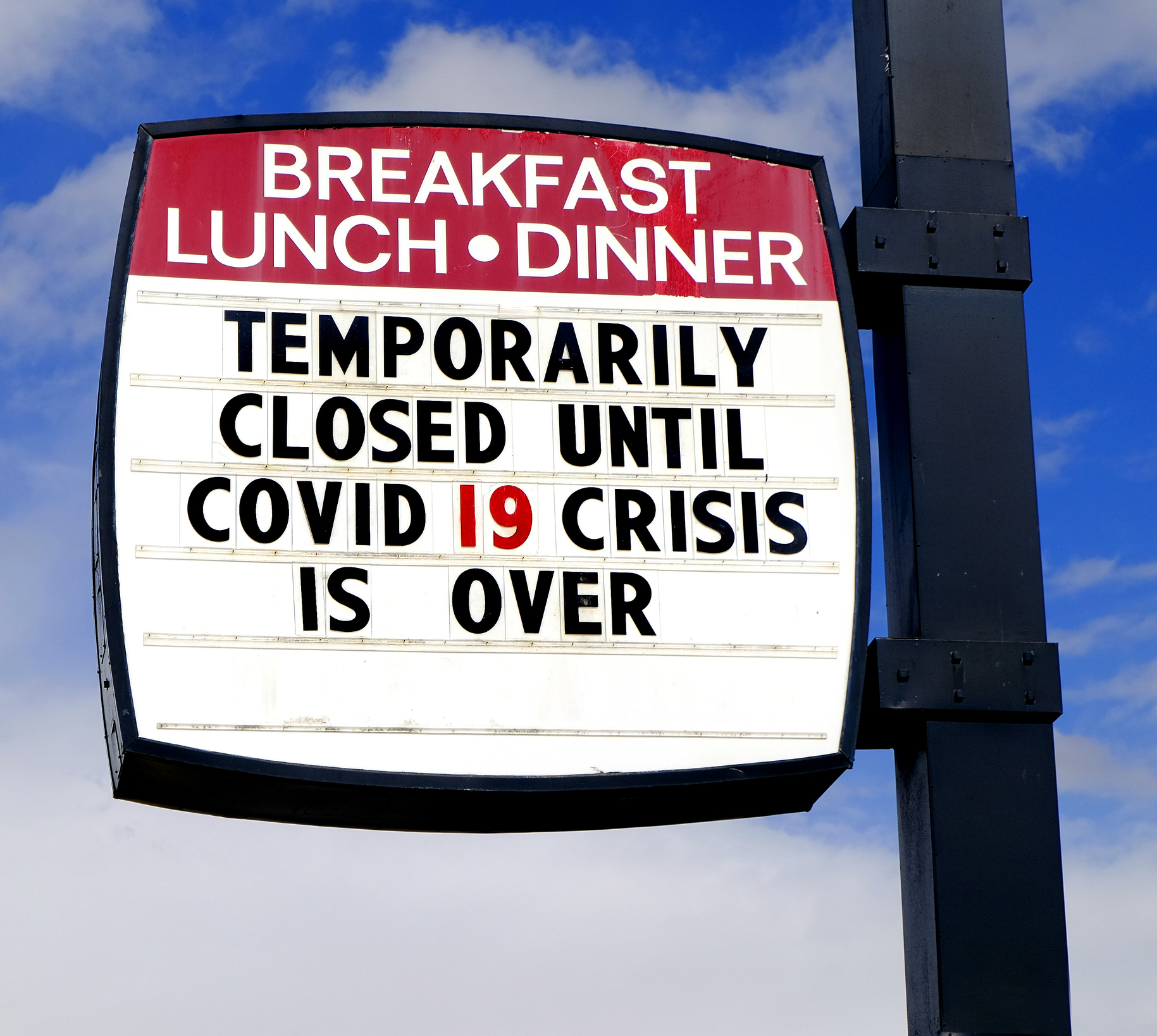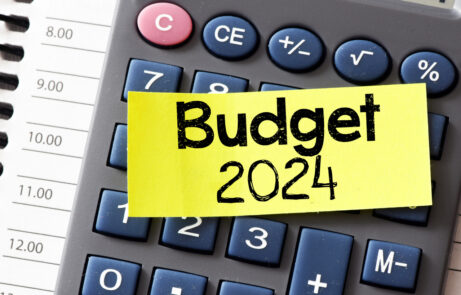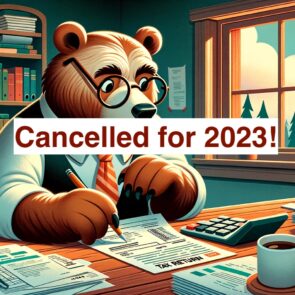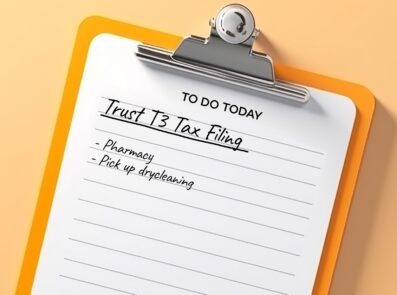By: Josh Engel
Among the many stresses and strains the COVID-19 epidemic is having on small and medium sized businesses, the landlord-tenant relationship looms large.
I have both landlords and tenants as clients so I’m hearing both sides of what is a terrible dilemma.
On one level, it’s simple:
The tenant’s business has either slowed or ground to a halt so they don’t have money to pay the rent.
The landlord has costs to shoulder – mortgage payments, tax bills, operating and maintenance costs. If the tenant can’t pay the rent, the landlord can’t pay those bills.
Owning and leasing property is, in some cases, the landlord’s only source of income.
Predictably, tenants in commercial properties are asking their landlords for some form of rent relief, or deferral. Some are successful, some are not.
At this time, there is no obligation on the part of a landlord to offer any form of relief to a tenant so ultimately, every situation is different and often dependent on the nature of the landlord-tenant relationship.
Some landlords feel it’s in their own best interests to negotiate some form of relief or deferral with one tenant, but not necessarily with another.
Perhaps a tenant has already given three months’ notice to vacate – or whatever period the lease dictates – so there is no advantage for the landlord to offer financial help.
Some tenants can be irritants to landlords so there might be friction between the two. But in other cases the opposite can be true. The tenant has a reliable track record, and over years has developed a good relationship with the landlord – perhaps they are even friends.
But irrespective of relationships, what hope does a restaurant or specialty retail outlet have when their businesses are effectively shuttered for long periods? Already, some have no hope of surviving this lock down. The longer it lasts, the more businesses will fold.
And it’s safe to say, that any business that was already struggling when the pandemic began will be pushed over the edge into bankruptcy.
Canada Emergency Commercial Rent Assistance
It’s good news then that the federal, provincial and territorial governments have stepped in with the Canada Emergency Commercial Rent Assistance (CECRA) program.
Here are the highlights:
- The program will offer forgivable loans to qualifying commercial property owners to cover 50 per cent of their April, May and June rents payable by eligible small business tenants who are experiencing financial hardship.
- The loans will be forgiven if the landlord agrees to reduce the eligible small business tenants’ rent by at least 75 per cent for those three months under a rent forgiveness agreement. The small business tenant would cover the remainder, up to 25 per cent of the rent.
- Landlords must agree not to evict the tenant while the agreement is in place.
- Impacted small business tenants are businesses paying less than $50,000 per month in rent and who have temporarily ceased operations or have experienced at least a 70 per cent drop in pre-COVID-19 revenues.
- Landlords do not have to participate in the program.
- This support will also be available to non-profit and charitable organizations.
- The program is being administered by the Canada Mortgage and House Corporation and is expected to be up and running by mid-May. (We will be informing our clients as soon as we know more).
There is also some added federal relief in the form of the Canada Emergency Business Account (CEBA), a $40,000 interest-free loan to December 31, 2022 with $10,000 forgiven if repaid on or before that date to qualifying businesses that paid between $20,000 and $1.5 million in total payroll in 2019 that should help address the challenges faced by small businesses to cover non-deferrable operating costs.
And some businesses may also qualify for funding from other federal programs, such as the Temporary Wage Subsidy for Employers and the Canada Employer Wage Subsidy (CEWS), as well as take advantage of the deferral for payments or remittances for GST/HST and income tax payments.
Locally, the City of Ottawa has introduced a Property Tax Hardship Deferral Program, details of which can be found here.
It’s been a long time coming but the forthcoming federal rent assistance program could prove to be the lifeline that many businesses and landlords have been asking for.
Josh Engel is GGFL’s Managing Partner.






